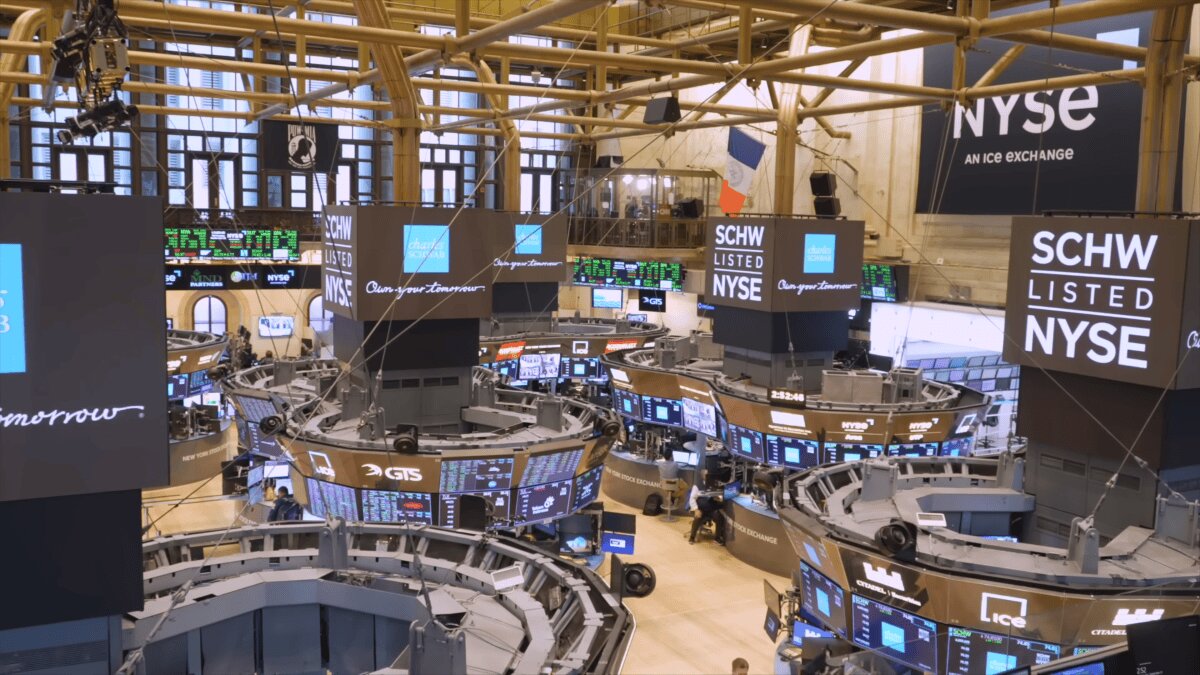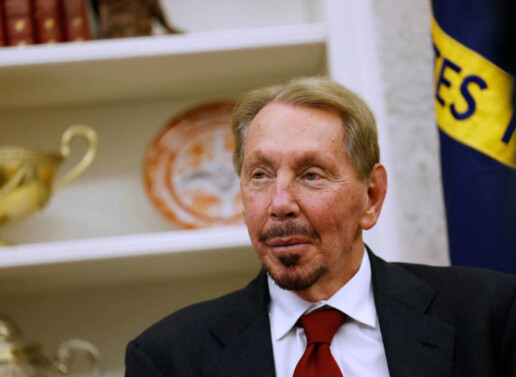The succession of financial crises, culminating in the stock market crash of 2008, marked the end of the 30 Neoliberal Years of Capitalism—a period in history characterized by low growth, high financial instability, and income concentration among the wealthiest 2% of the population.
Among the many symptoms of the end of neoliberal hegemony are the decline in the prestige of finance, the losses suffered by major banks that had to be bailed out during the crisis, the collapse of the Doha Round of multilateral trade negotiations, the rise of protectionism worldwide (with 424 protectionist measures recorded in Europe alone since 2008), and the deep disillusionment among ruling elites regarding economic theory and orthodox policies.
Writing about the World Economic Forum in Davos, Clóvis Rossi captured the prevailing sentiment at the event: “The Forum seems to have grown tired of listening to the same voices over and over again” and is now seeking new ideas. The way forward, its leaders believe, might lie in the INET (Institute for New Economic Thinking), founded by George Soros, who, besides being an investor, is a brilliant heterodox economist. As The Guardian put it, as cited by Clóvis Rossi, “The economic model promoted by the Davos elite has collapsed; any lasting fixes or reforms will have to come from entirely different places and perspectives.”
The 2008 Global Financial Crisis and the Sovereign Debt Crisis in Some European Countries
A new capitalism? Let’s examine this idea. Just as in 1929, economic liberalism has failed once again. Although this is not the conventional historical narrative, the history of capitalism is one of alternating periods of development and periods dominated by economic liberalism or neoliberalism.
After World War II, we experienced the 30 Golden Years of Capitalism, a period of development that followed a liberal phase. Today, however, we are still in crisis and in a transitional phase.
It is important not to confuse conservatism with neoliberalism. Conservatism, which stands in opposition to progressivism, has always existed and always will. It is the ideology that prioritizes the preservation of order over justice, whereas progressives or the left are willing to challenge order in the name of social justice. The dialectic between these two worldviews is necessary and will always be present.
On the other hand, developmentalism and neoliberalism are two distinct forms of economic organization within capitalism.
Capitalism began as a developmentalist system, under absolute monarchs and mercantilism. This was the context in which England carried out the Industrial Revolution and changed the world. In the 18th century, with the hegemony of political liberalism in Britain, humanity achieved a major breakthrough—the establishment of civil rights. By the mid-19th century, economic liberalism had become dominant, and classical economists mistakenly believed this to be another great advance.
However, the first neoliberal period, characterized by low growth and high financial instability, lasted only until the 1929 crash and the Great Depression. This was followed by the 30 Golden Years, a developmentalist period marked by great stability, prosperity, and declining inequality in the Western world. Yet, this era ended with a minor crisis in the 1970s, giving way, from 1979 to 2008, to a new and more radical second neoliberal period, during which there was a concerted effort to roll back social progress achieved in previous decades.
Neoliberalism succeeded in increasing inequality but failed to dismantle the welfare state, which had been built during the second developmentalist period in the Western world.
Since 2008, neoliberalism has become an empty ideology, having lost legitimacy in the eyes of civil society and even within the coalition of classes that once supported it—a coalition consisting of ruthless capitalists, investors, and multinational corporate executives.
The end of neoliberalism does not necessarily mean that we will soon enter a new developmentalist period, which, unlike previous ones, would have to be both social and environmental. However, we have learned to critique neoliberalism. Only through this critique can rich countries—which were the strongest believers in neoliberalism—return to a dependent development model.
Isaac Cangundo, 03/06/2025







